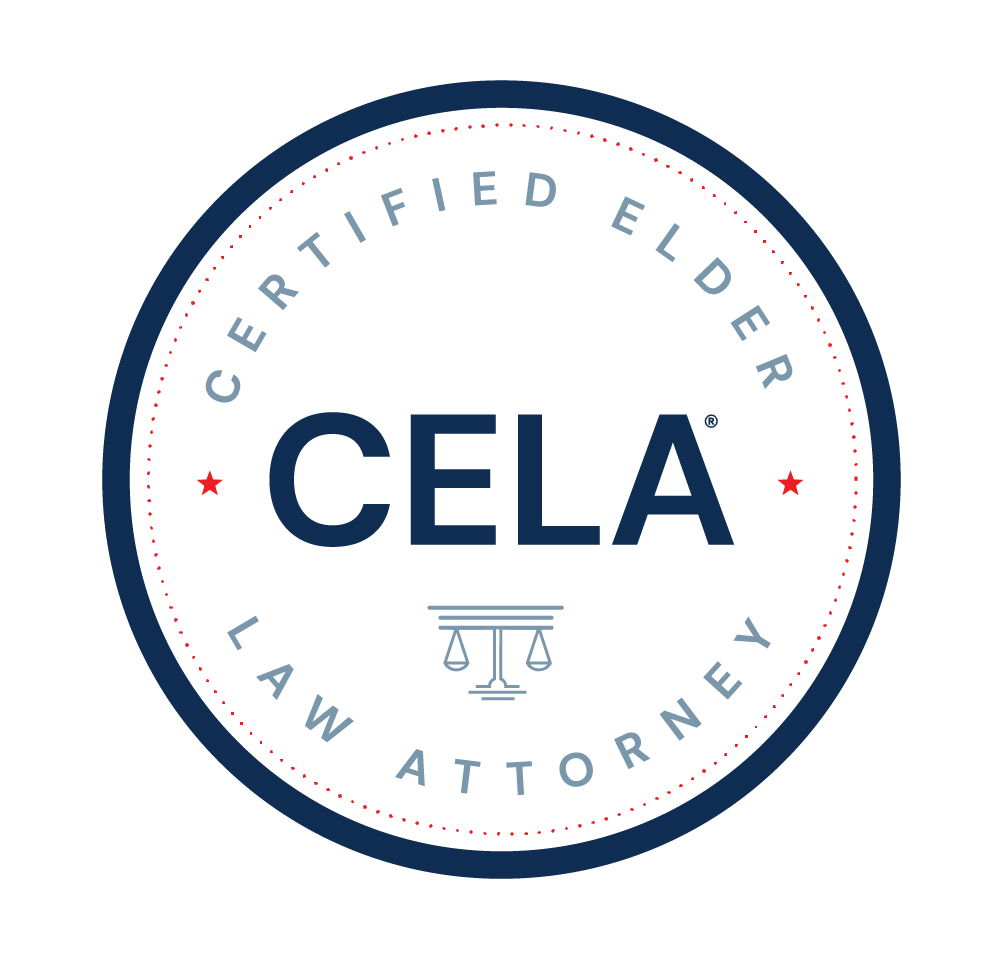Steps to Take If You Have Been Facing Memory Loss
Memory loss is frightening for the person experiencing it and for their family. It may not be too significant initially, but as time goes on, the memory loss becomes more pronounced, and other difficulties emerge. While dementia or early-stage Alzheimer’s may allow a person to function independently, that erodes as the disease progresses.
Dementia can happen at any age, but many people associate it with older adults. The early stages of dementia are the ideal time to put financial, legal and end-of-life plans into place. This allows the person with dementia to be part of the decision-making process.
Early-stage dementia can look like this:
- The person may still function independently
- They may drive
- They may still work
- They may participate in social activities
- They forget familiar words
- They forget the location of everyday objects
- They may have difficulty coming up with a name or the right word
- They may not remember the names of people they just met
- They may not be able to perform tasks in work or social settings
- They may not remember what they just read
- They may frequently lose or misplace objects
- They may have difficulty planning or organizing
Other issues friends and family may notice are:
- The loved one cannot follow a conversation. They may repeat themselves or stop and not know how to continue. They often cannot name a familiar object or call it something that doesn’t make sense.
- Those with dementia often put things in strange places or lose things and cannot retrace their steps to find something. If the disease has progressed, they often accuse others of stealing.
- Alzheimer’s patients often have poor judgment when it comes to money and cannot take care of daily personal chores, like brushing their teeth or having a shower.
- They may withdraw from social activities and hobbies.
- Those with Alzheimer’s often experience changes in mood and personality changes.
While it is best for someone experiencing these signs and symptoms to make plans to see a doctor, those experiencing them often do not want to go or find out what is wrong. It is not always possible to get a loved one to a doctor. You may attempt to do so, but often honoring their wishes is the only thing they will allow.
If your loved one is agreeable to see a doctor, try to go to a trusted family physician. Experts agree that a doctor can diagnose dementia or Alzheimer’s’ with more than 90 percent accuracy. If that is not possible, then try to have an evaluation done by a specialist or two, such as:
- A neurologist
- A psychiatrist
- A psychologist
- A Geriatrician
If you need help locating help for your loved one, contact your local Alzheimer’s’ Association by using this link: https://www.alz.org/local_resources/find_your_local_chapter.
Or by using this link: https://www.nia.nih.gov/health/alzheimers-disease-research-centers.
What to Take With You When You See a Specialist
It is a good idea to make a list of any of the changes you have noticed lately. That could relate to mood, behaviors, and memory issues. Try to be as detailed as possible. It is also good to take another family member who has noted the changes with you. They can verify what you tell the doctor. This Doctor’s appointment checklist may help you gather the information to take with you.
If dementia or Alzheimer’s’ runs in the family, your doctor needs to know this. They also need to know what medications they are taking, including over-the-counter (OTC) medications. Remember to mention what supplements or vitamins you are taking, along with a list of questions you want to ask. The sooner you can get an idea of what is going on and how to deal with it, the better information you have to locate helpful resources.
Contact a Knowledgeable Harrisburg Estate Planning Attorney
Estate planning encompasses several important yet often misunderstood areas of law. At the Hazen Law Group, Attorney Marielle Hazen and her team of dedicated estate planning attorneys assist clients dealing with estate planning, special needs planning, estate administration and other legal issues confronting aging Americans and their families.
With decades of experience assisting older Pennsylvanians, the Hazen Law Group knows how to guide their clients through even the most overwhelming issues effectively. To learn more about our firm or schedule a consultation to see how we can help you with your estate planning needs, call Hazen Law Group today at 717-540-4332.











